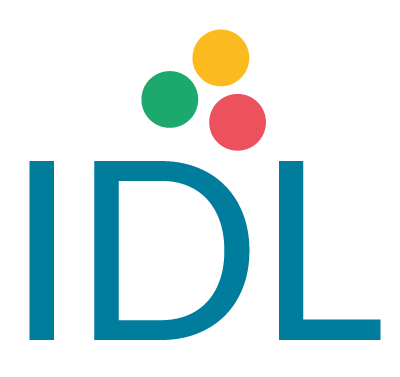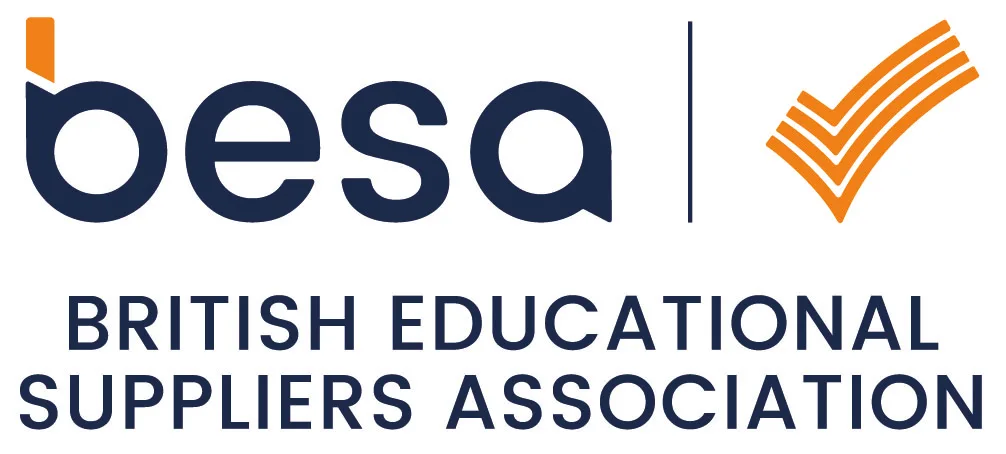This website uses cookies so that we can provide you with the best user experience possible. Cookie information is stored in your browser and performs functions such as recognising you when you return to our website and helping our team to understand which sections of the website you find most interesting and useful.
The Lottery Project - Key Findings
Spelling age increase increased 11 months after just 26 hours of using IDL Literacy.
The average increase in reading and spelling ages for adults using IDL Literacy was 8 months for reading and 10 months for spelling
74% of those engaged with IDL Literacy recognised increased self-confidence and self-esteem in themselves.
94% of pupils engaged with IDL Literacy demonstrated improvements in reading ability.
Lifting Barriers - The Lottery Project
The IDL intervention was evaluated as part of a 3 year Lottery funded project named Lifting Barriers, (completed August 2014). Over that period 1,284 pupils from 120 participating schools across Blackpool, Preston and South Ribble along with a Dyslexia Centre in Leyland used IDL in order to target improvement in their reading and spelling levels.
This project explored several areas, one of those being the impact of a structured multi-sensory intervention program, developed with specialist dyslexia-friendly strategies. Over 85% of the school staff reported that the children had enjoyed participating in the intervention and over 80% thought that their children’s reading speed, listening comprehension and writing had also improved. Over the period the average beneficiary reading age increase was recorded as 10 months and the average beneficiary spelling age increase was 11 months after just 26 hours of use.
The project set out to increase reading and spelling levels, thereby reduce stress, and increase self-confidence and self-esteem. Its objective was to upskill community advisors and leave a legacy of support that could continue and expand.
The average rise in reading/spelling levels for the vast majority of individuals was in line with or above expectation and for these individual beneficiaries, these rises are significant and represent a significant change to their potential educational prospects. Rises in confidence and happiness, as a result of using a programme that finally worked for them, have been widely reported.
In addition to the positive written feedback from community venues, we continue to receive many expressions of grateful thanks from parents and children at the Dyslexia Centre. It is common for parents and young people to report that they feel so much more confident in life in general after a period of study on the IDL intervention, as well as showing improvements in their reading and spelling. In many cases, this was described as being life changing and having a huge difference to their general outlook on life.
The increase in confidence was directly visible to the facilitators at the Dyslexia Centre also; children were noticeably more relaxed, more outgoing and engaged with their studies after the project. They presented themselves with more confidence, made better eye contact and interacted more confidently with both adults and their peers.
Conclusion
Parents and children continued to anecdotally report improved school reports and increased scores in tests, at the end of year of the project. Several reported a decreased fear of reading aloud. The project’s additional benefits of improved quality of life, as well as the expected improvements in literacy, show that the project is added value to local individuals and communities.
The project set out to increase reading and spelling levels, thereby reduce stress, and increase self-confidence and self-esteem.














